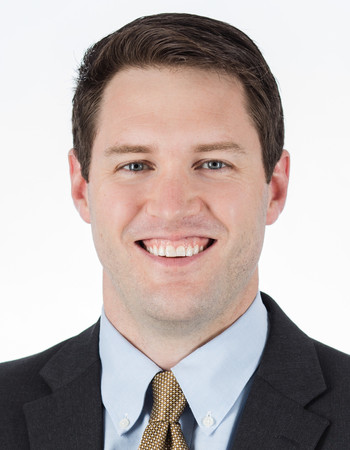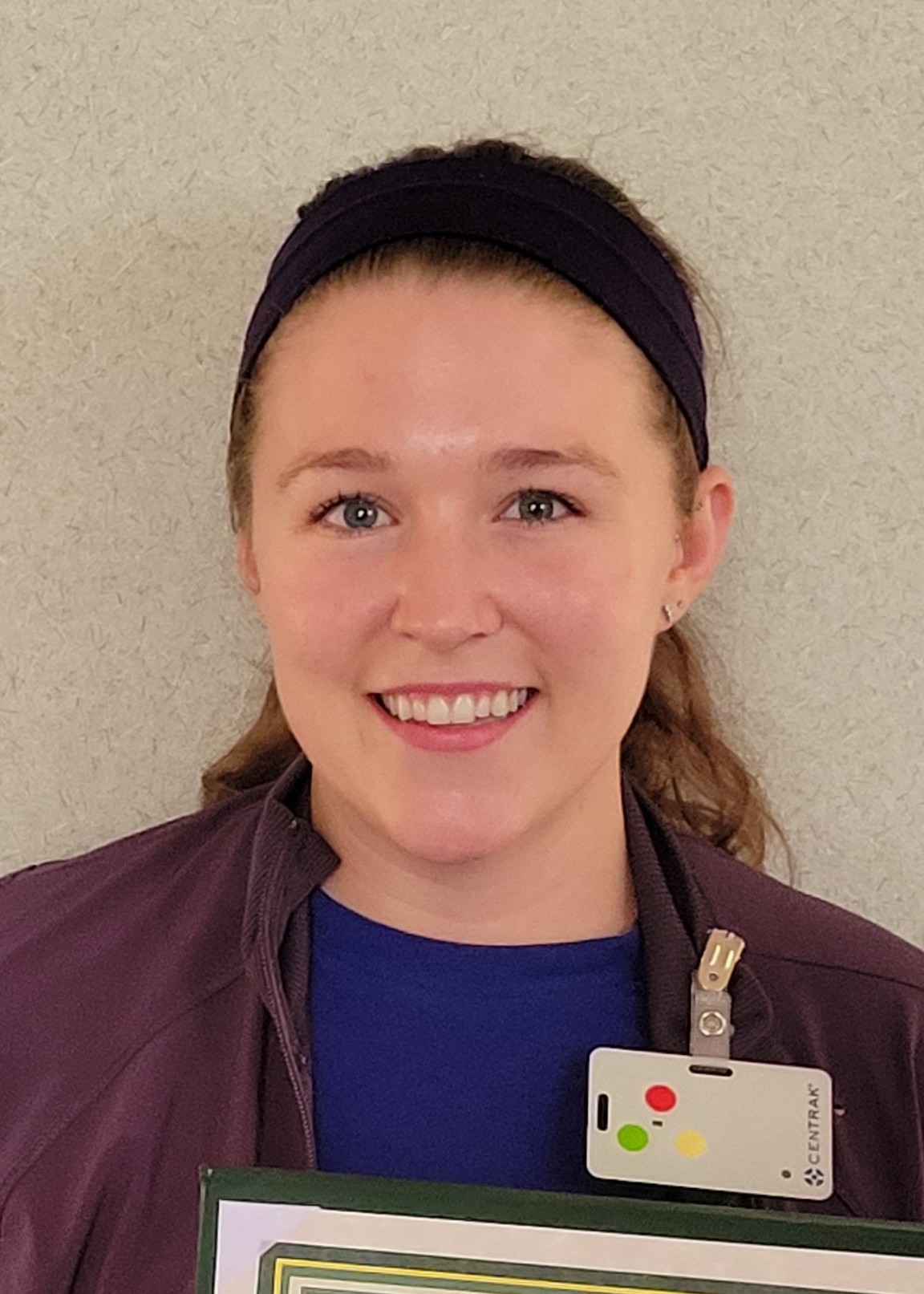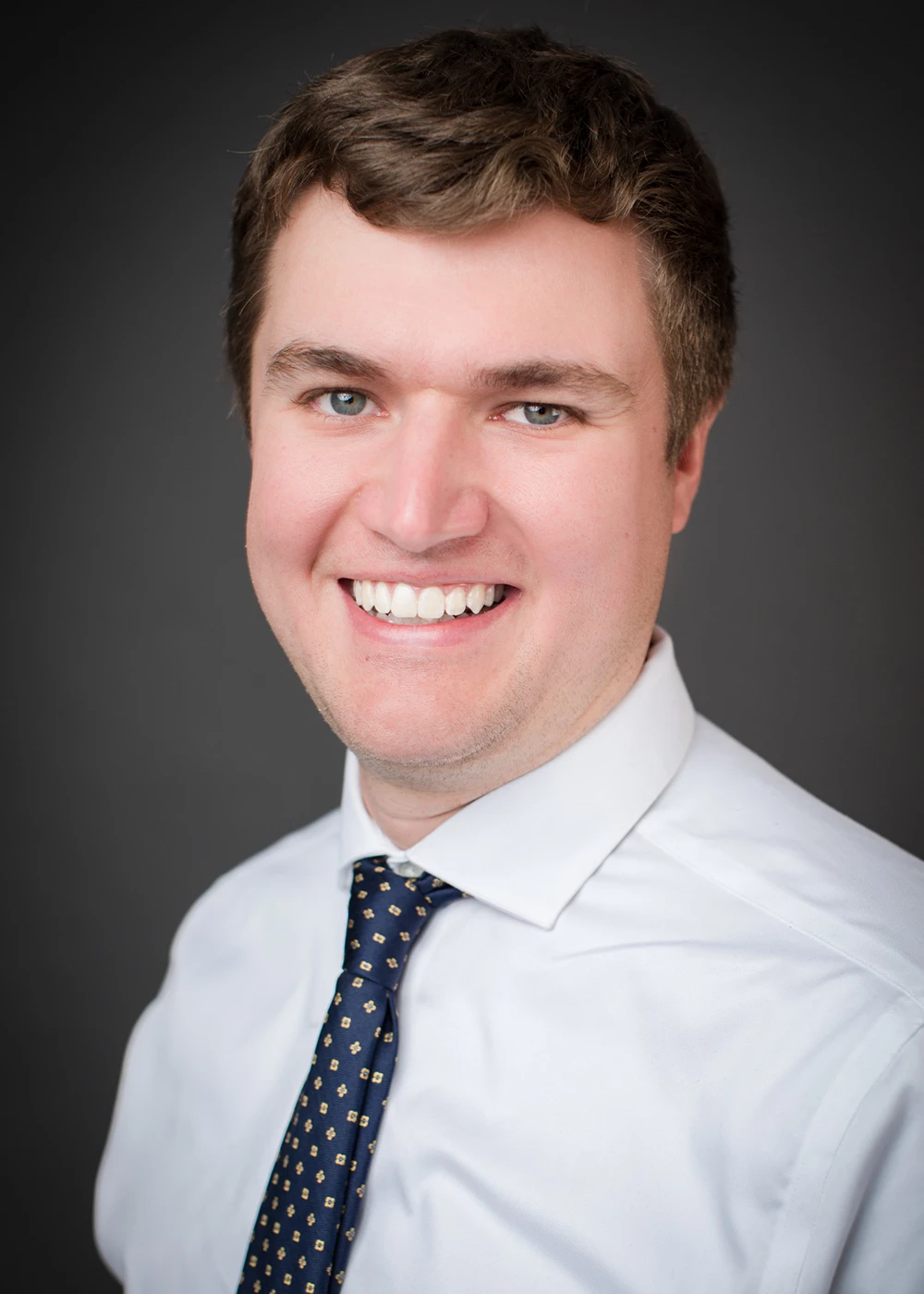
Inspiring Stories
Head and Neck Surgery Patient Praises Methodist Staff for Personalized Approach
Published: April 27, 2022

“Human kindness.”
That’s what Rhea Hochstein said she enjoyed most about her Methodist care team.
She likes to refer to the group as friends instead of health care workers because of the personal care she received during phone calls, appointments and her short stay at Methodist Hospital following head and neck surgery.
“It was the personal approach that made me feel welcome,” Rhea said. “No one gave me the impression that they had somewhere else to be. I felt valued. I was heard. I was deeply touched by the gentle care.”
Meeting the Patient’s Needs
After having a small lump – about the size of a pencil eraser – on the side of her tongue removed in January, Rhea received pathology results that indicated she had adenoid cystic carcinoma (ACC) – a rare form of cancer that arises from secretory glands, typical in the head and neck.
She was referred to the Methodist Head and Neck Oncology Clinic at Methodist Estabrook Cancer Center (MECC) for the next steps in her health care journey.
Rhea and her husband, Roy, met with head and neck surgical oncologist Andrew Holcomb, MD, just three days after the initial diagnosis. It didn’t take long for her to feel right at home with him and his staff.

“Immediately, I felt at ease with Dr. Holcomb’s knowledge of the subject, plus he kindly answered the myriad of questions I threw at him,” Rhea said. “He is respectful, trustworthy, professional and thorough in providing details that are not bogged down in medical jargon.”
That balance of informing a patient with specifics while using digestible language is something Dr. Holcomb has developed over the years.
“I try to match the type of language I use to what the patient wants to hear,” he said. “Some people want things to be very plain language, and some people like a lot of detail.”
Dr. Holcomb also uses social cues from the patient to find the best way to deliver the information.
“You watch their body language and mannerisms as you counsel them,” he said. “Some of that is confirming their understanding after you express all of the details to them.”
The Hochsteins didn’t arrive at MECC without doing their research. They read up on ACC before the first appointment, but Rhea knew online resources wouldn’t be able to answer all of their questions.
“My husband and I wanted to be prepared with questions that we had,” she said. “Yet, I also felt that the best source of information would come from the professionals at the Methodist head and neck clinic since they would have my biopsy results, scans and other medical test results that were strictly about my situation.”
According to Dr. Holcomb, patients like Rhea who are dealing with complex complications want guidance for a treatment plan that allows them to continue living life with dignity. But he’s also aware they long for more than that.
“That’s the core of what people want, but they also want to be heard. They want to know that you’re their advocate and your goals are aligned and shared,” he said. “And that you care about the totality of that person and their experience and not just what goes on in their mouth or neck. I care a lot about that and making sure that patients know that, too.”
Starting the Road to Recovery
About two weeks after the initial meeting, Dr. Holcomb performed surgery on Rhea to remove the remaining parts of the tumor and a few lymph nodes, which included a partial removal of the tongue and neck dissection.
Rhea knew recovery wouldn’t be a walk in the park, but she recognized that her care team would equip her with the tools necessary to at least make it a little easier.
One of the first challenges she had to manage was swallowing liquids and discovering how to eat without extreme discomfort. Her team provided several options of cold or warm beverages and discussed swallowing and chewing alternatives that would allow her to receive proper nutrition.

Besides the thorough training, Rhea also developed connections with her nurses during the post-operation stay. Specifically, she felt drawn to her night-shift nurse Laura Quigley, BSN, RN, because of what she did beyond meeting Rhea’s medical needs.
After Rhea was transferred from post-op to her hospital room for the night, Quigley provided genuine compassion, which included outfitting her with blankets and taking the time to engage in conservation.
“She listened, and she told me about herself and her job. She made me laugh,” Rhea said. “I truly felt that I had just made a friend.”
And Quigley was glad she could be there to meet Rhea’s needs.
“She was so grateful and said thank you for everything,” Quigley said. “I could tell that she was a truly caring and kind person. Our personalities just meshed, and I very much enjoyed not only taking care of her, but getting to know her as a person as well.”
That genuine care continued throughout the night and the next day when Rhea met her discharge nurse, Kalie Holtz, BSN, RN-BC.
Although Rhea and Holtz spent only about five hours together, they quickly developed a bond.
“I try to connect with all of my patients somehow, just to make their fears ease,” Holtz said. “After having a huge surgery, things can get a little tense. So I try to get to know the patient on a personal level to help bring down their fears or anxiety during their stay.”
Rhea knew that she was in good hands with Holtz.
“Kalie was comforting and reassuring with all the procedures,” Rhea said. “She explained what she was doing and why, and she was willing to answer questions about my treatment.”
Prepared To Head Home
Rhea prepared to leave the hospital just over 24 hours after arriving, but not before receiving careful instruction on how to care for herself at home.
Holtz said that she enjoys using the teach-back method, which involves showing the patient what to do a few times before having the patient replicate the process with limited assistance.
“A lot of people are like, ‘Just show me, I’ve got it,’ but as soon as they get home they’re like, ‘No, I have no idea how to do that,’” she said. “I actually have the patient show me how they would take care of it at home as well as sending them home with discharge papers that have pictures and written instructions on how to do that, as well.”
Thanks to Holtz’s guidance, Rhea and Roy confidently left the hospital with the knowledge to continue the recovery process at home.
“Personal Care”
While Rhea is now receiving radiation treatment and physical therapy closer to her hometown of Bennet, Nebraska, she’ll never forget the care she received at Methodist.
“It would be difficult to find care and kindness at this level in another place,” Rhea said. “Methodist is all about the personal care.”
“It’s almost like a quest to understand what The Meaning of Care is for each person,” Dr. Holcomb said. “What does it mean for them and how does that differ from the last patient you saw, or even how does that differ over time within the same patient? And then trying to meet those goals by caring for them medically and also providing them with the best possible caring experience. That’s something that one person can’t do, and so it speaks to the culture of the hospital in general and the team-based approach that we use to really try and meet those goals for each person.”
More Resources
- Find out more about head and neck oncology at Methodist.
- Read more stories featuring cancer care at Methodist.
- Read more inspiring stories about Methodist patients and staff.


